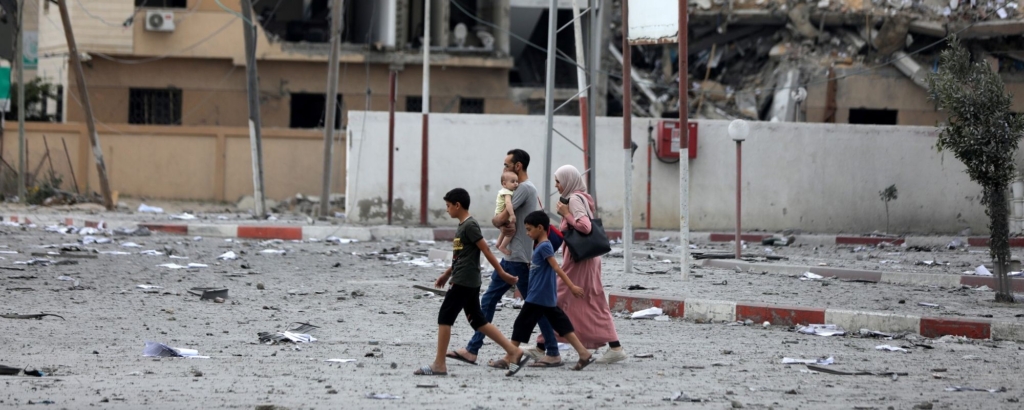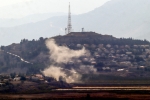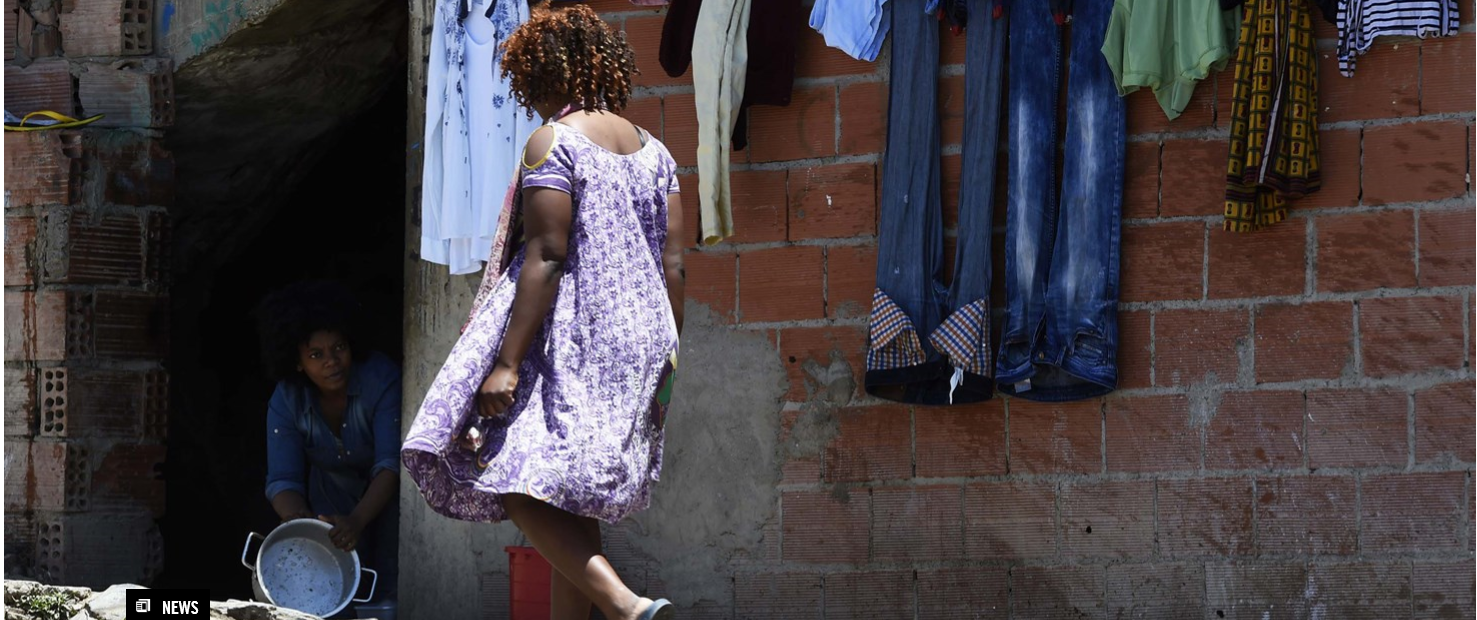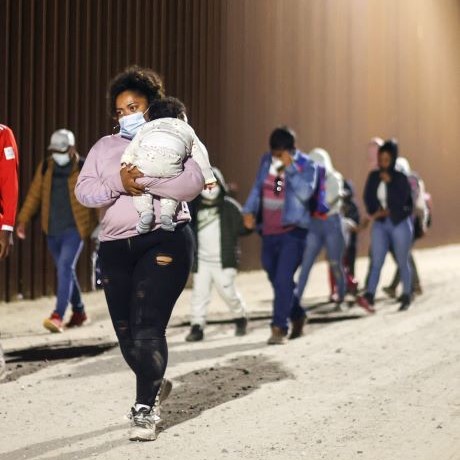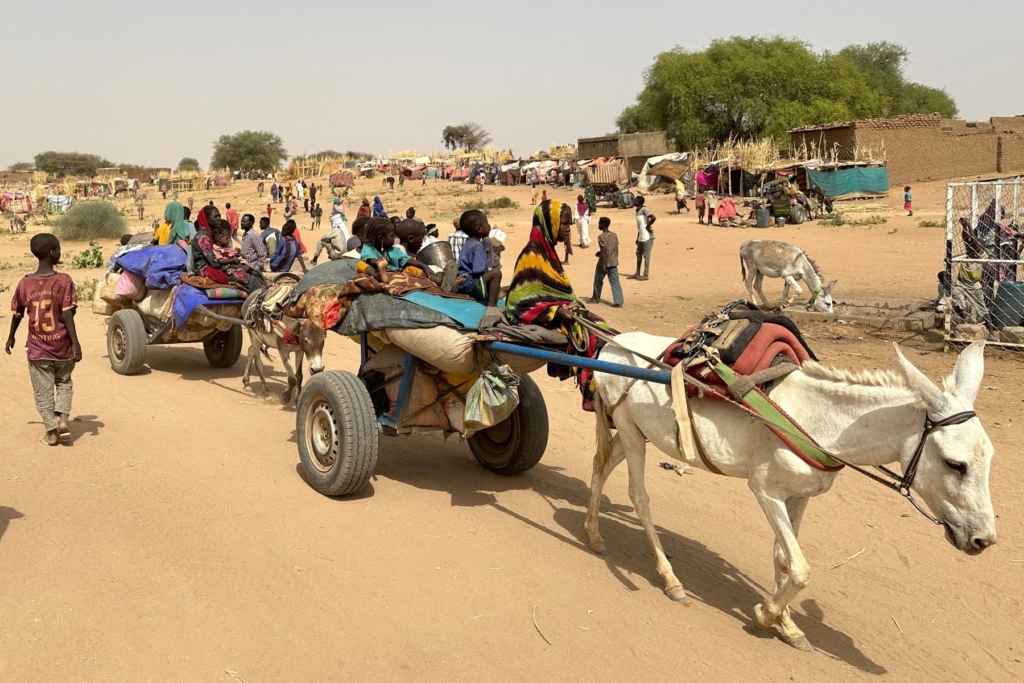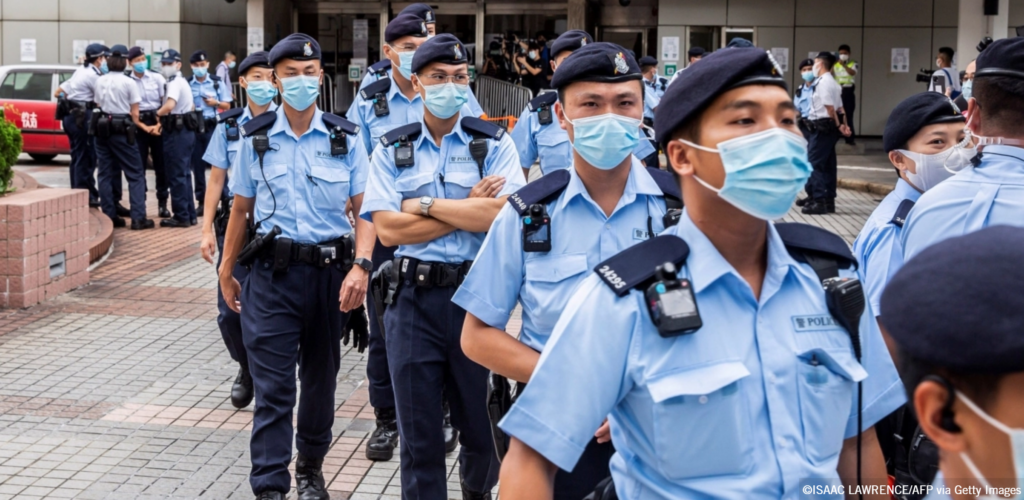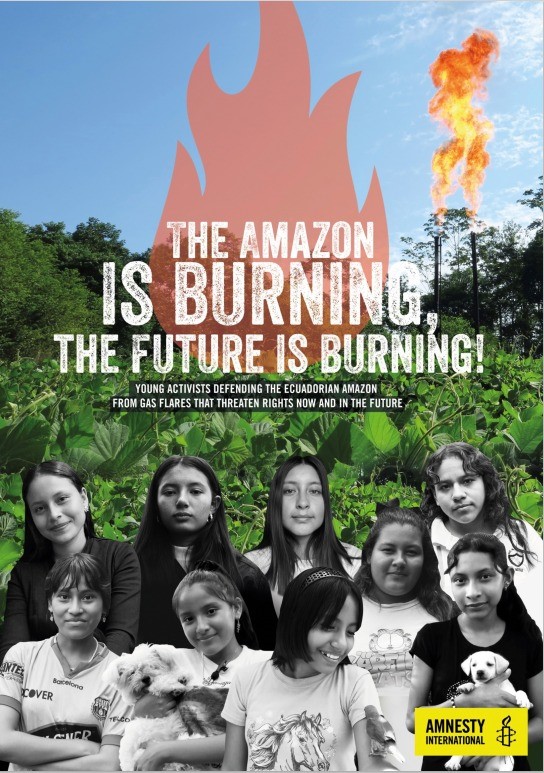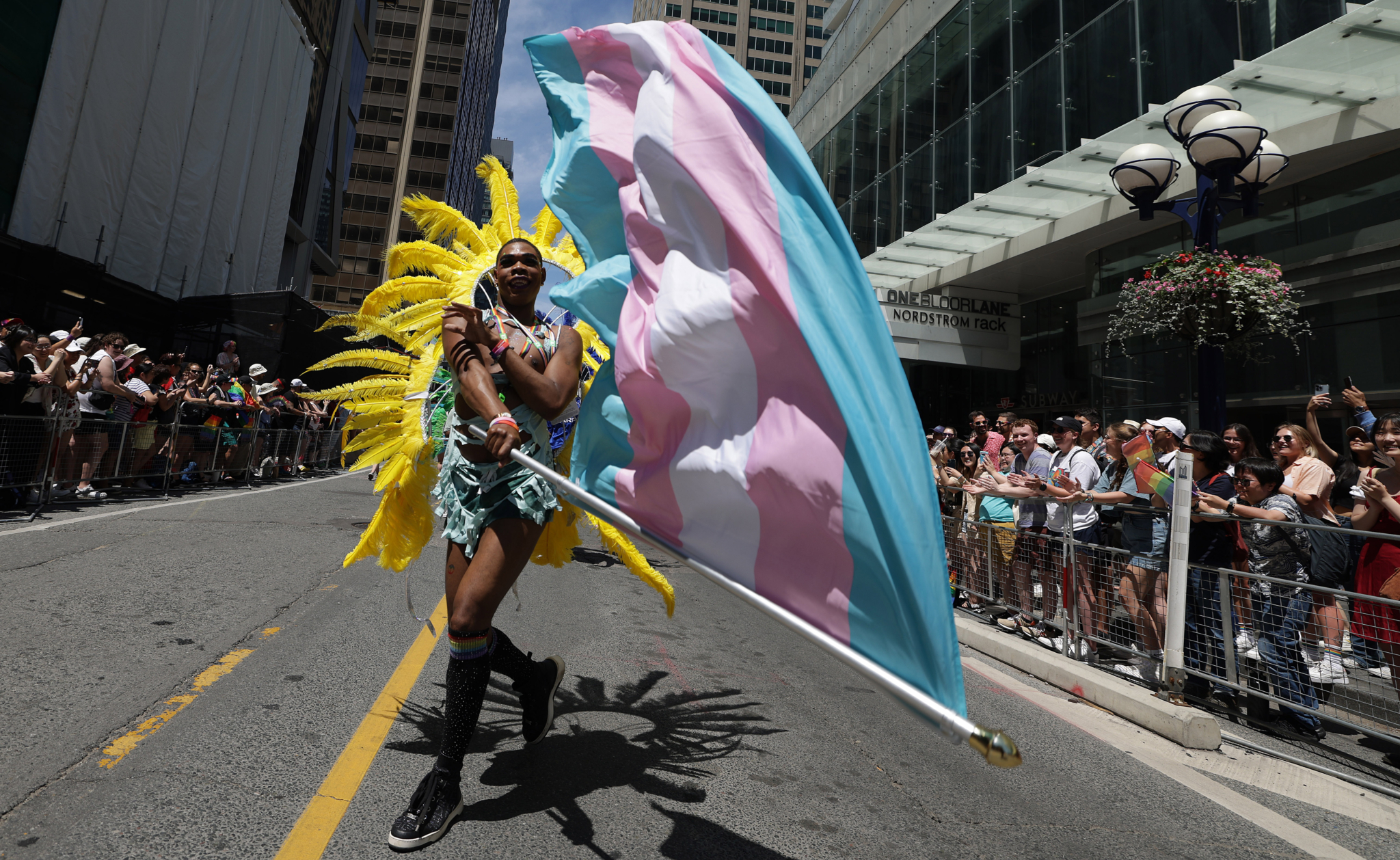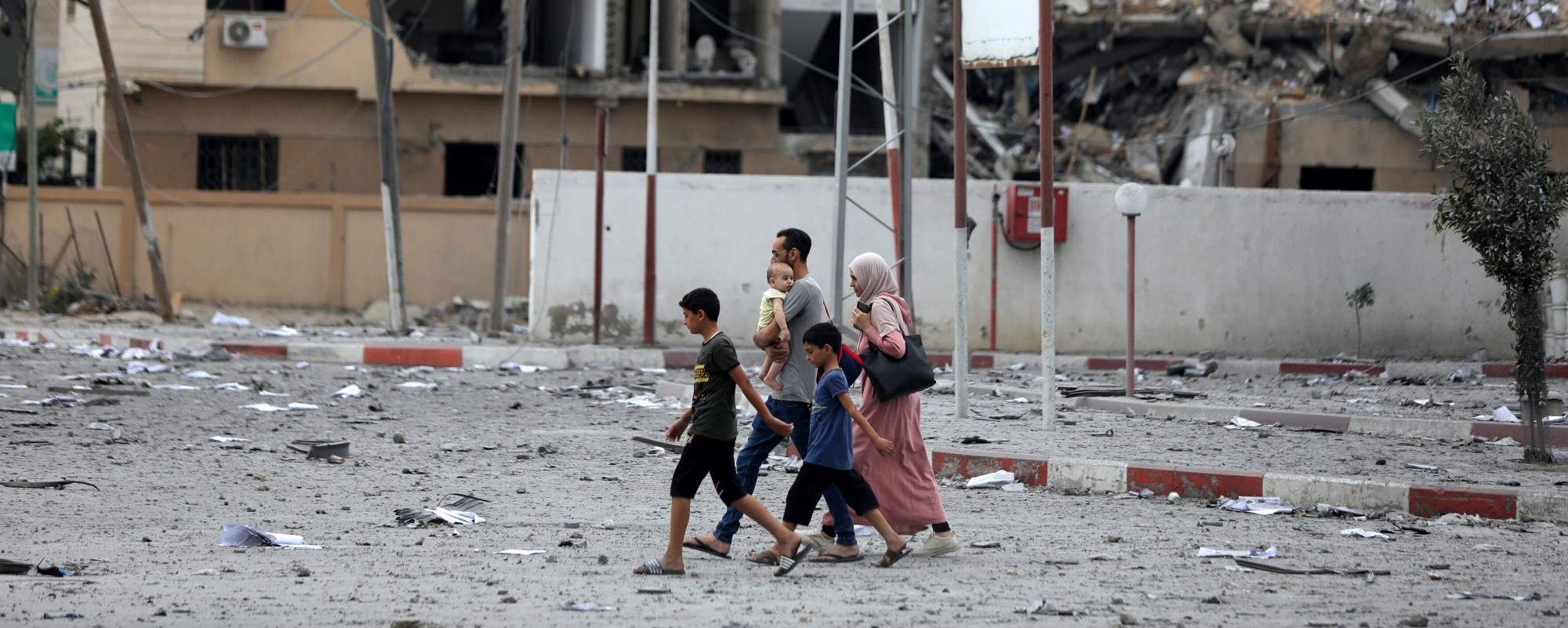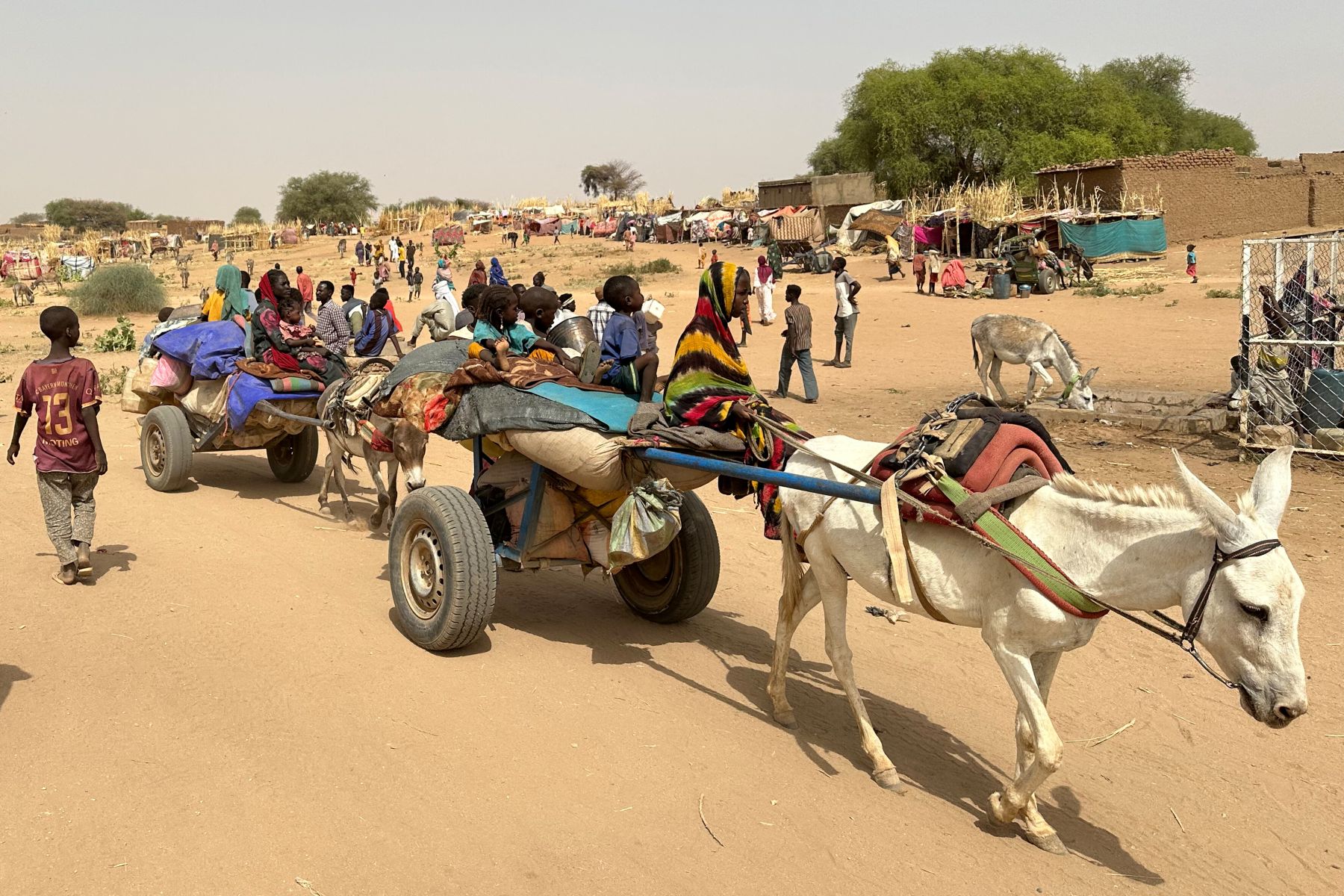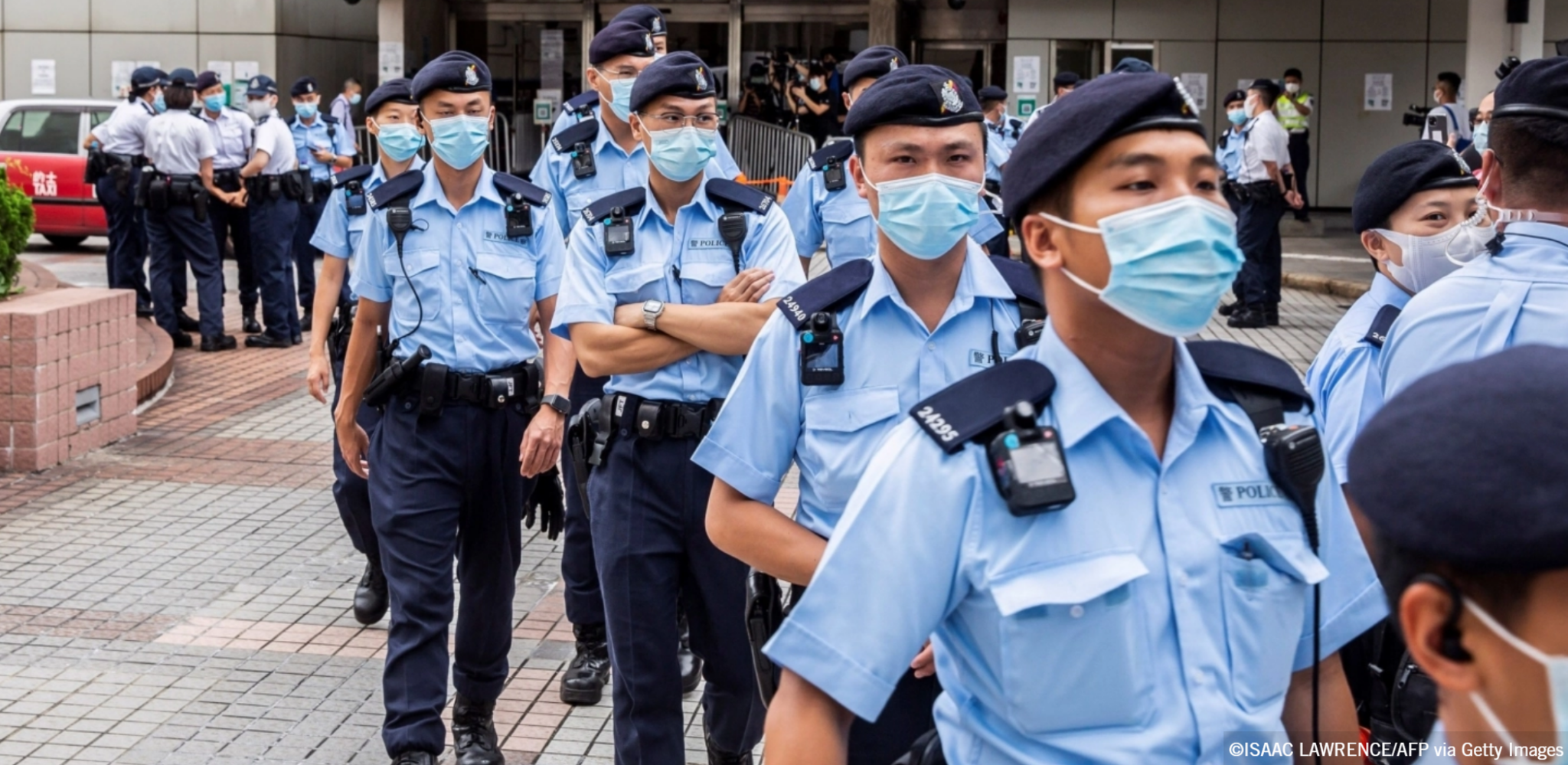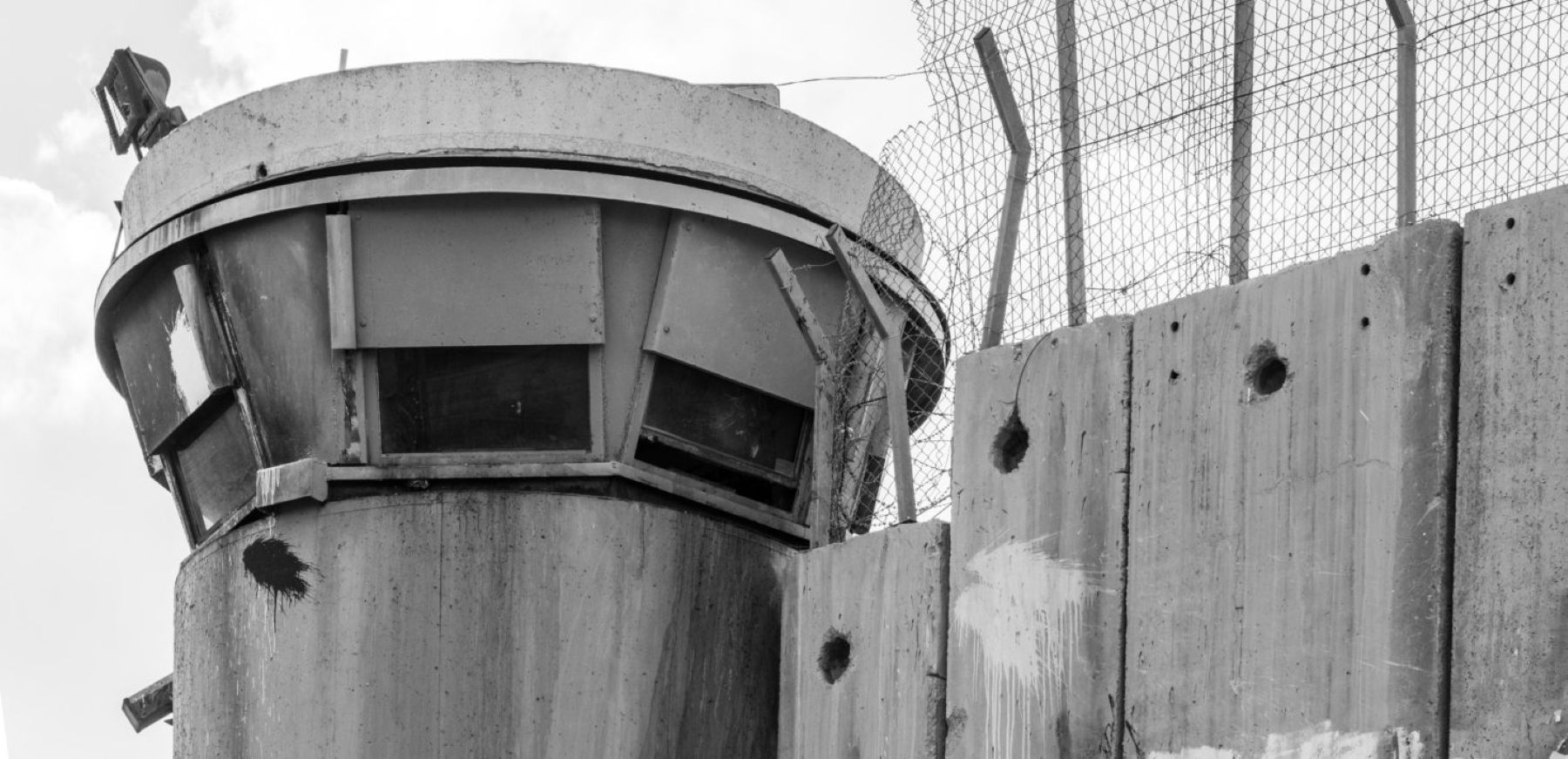The Algerian authorities have launched a discriminatory crackdown against foreign nationals, rounding up and forcibly expelling more than 2,000 sub-Saharan African migrants from a range of countries to neighbouring Niger and Mali over the past three weeks, said Amnesty International. Those expelled include more than 300 minors, among them at least 25 unaccompanied children.
The new wave of arrests started on 22 September when Algerian police and gendarmes began arbitrarily detaining migrants in the capital, Algiers, and neighbouring suburbs. Research by Amnesty International indicates they made arrests on the basis of racial profiling as they did not seek to ascertain whether the migrants had the right to stay in the country, either by checking their passports or other documents. Some of those arrested and deported are undocumented migrants, while others have valid visas.
“There can be no justification for rounding up and forcibly deporting hundreds of people based on the colour of their skin or their assumed country of origin – a blatant case of mass racial profiling,” said Heba Morayef, North Africa Research Director at Amnesty International.
“This and the chilling scale of arbitrary arrests and summary mass expulsions in recent weeks reveal the Algerian authorities’ deeply discriminatory attitude towards migrants from sub-Saharan Africa. They must urgently halt these unlawful arrests and deportations.”
The latest wave of mass arrests and expulsions comes just few weeks after more than 1,000 people – mainly nationals of Niger – were returned to Niger in August 2017. Arrests also took place during the first weeks of September. In July the Algerian Minister of Foreign Affairs had said organised crime networks are behind the massive flows of migrants in Algeria, while the Cabinet Director of the Presidency of the Republic referred to migrants in the country as a source of criminality and illicit traffics, including drugs.
Meanwhile, at the level of the public, there has been an alarming number of xenophobic comments by Algerian social media users blaming migrants for spreading HIV and taking Algerians’ jobs. In September, the Algerian Ministry of Transport issued an order barring undocumented migrants from using public transport, although this was later withdrawn.
While Algerian authorities have not given any justification for the latest arrests, on 20 October the Algerian Ministry of Justice declared that Algeria “hasn’t closed its doors to foreign migrants”, but is working “to protect the borders and secure the country”.
Under international standards, no one can be forcibly expelled from a country without being given a fair opportunity to challenge their expulsion. In addition, no one can be returned to a country where they would face a real risk of serious human rights violations.
“Instead of trampling over the rights of migrants and carrying out mass expulsions, the Algerian authorities should be trying to counter racial discrimination and hate speech against sub-Saharan Africans and reform laws on the rights of migrant workers to stay in the country,” said Heba Morayef, Amnesty International’s North Africa Research Director.
Moreover, since 22 September, around 15 refugees and asylum-seekers who were among those detained by police have been released after the UN Refugee Agency’s (UNCHR) intervention.
Mass expulsions
Amnesty International has reviewed video evidence and gathered testimony from witnesses to build up a picture of what happened to those who were detained and expelled. It also interviewed some migrants after their arrest and deportation, as well as staff from several international and local humanitarian organizations in Algeria, Niger and Mali. Three detainees told Amnesty International that they had their passports confiscated, were beaten upon arrest or in detention, and were denied medical care.
Hundreds arrested on 22 September were held by the Algerian gendarmerie in poor conditions at a camp run by the Algerian Red Crescent in Zeralda, a suburb 30km from the centre of Algiers, according to some of those who spoke to Amnesty International. Migrants told Amnesty International that they were made to sleep on the floor with no mattress or covers for two nights, and were given bread with margarine and no water. They were also prevented from speaking to their consular representatives.
On 22 September, more than 600 migrants arrived in Agadez, Niger, according to International Rescue Committee (IRC) in Niger. They included nationals from Niger, Guinea, Burkina Faso, Benin. Among them, more than 100 women and 200 minors.
Six days later, on 28 September, more than 350 of the detained migrants were transferred at night by bus to a camp run by Algeria’s gendarmerie in Tamanrasset, a city in the south of Algeria. They were later taken by trucks to In Guezzam, a town near the border with Niger, before being left by Algerian security forces on Nigerien side of border in the northern city of Assamaka. Nigerien authorities, with the cooperation of international humanitarian organisations, then transferred them to Agadez in the centre of the country.
By 30 September, around 357 people had arrived in Assamaka after being expelled from Algeria, according to the International Organization of Migration in Niger. They included nationals from Guinea, Mali, Ivory Coast, Senegal, Burkina Faso, Nigeria, Niger, Liberia, Cameroun and Sierra Leone.
In a second wave of arrests in Algiers on 2 October, more than 500 migrants, mainly construction workers, were arrested. After being detained in Zeralda for three days, they were transferred to Tamanrasset and then abandoned at the border in In Guezzam, a witness told Amnesty International. At least 100 were then forced to cross the border and walk six hours through the desert to reach Assamaka, while others were left by Algerian authorities in the Nigerien side of the border.
Arrests, detentions and deportations have continued over the past two weeks in Algiers and Blida, with another 500 migrants transported to Tamanrasset on 13 October, according to local journalists. More than 200 people arrived in Niger on 15 October, more than 300 on 18 October, including more than 90 children – among them unaccompanied minors – and 450 on 22 October, according to IRC in Niger. A new convoy with 500 migrants is expected to arrive in Agadez on 25 October, IRC told Amnesty International.
At least two people have applied for asylum in Niger, according to UNHCR in Niger, after the last expulsions.
Local sources told Amnesty International that arrests have continued and that several hundred are still held in Zeralda camp in Algiers and in Tamanrasset awaiting expulsion.
Civil society organizations in Mali have told Amnesty International that the Algerian authorities have also expelled migrants to Mali, in particular through the border crossing next to the village of In Khalil, Mali, south-east of the Algerian town of Bordj Badji Mokhtar. They were unable to provide a total number for those expelled to Mali, however. The Malian organizations say they have received at least 100 people of different nationalities, including children, over the last two weeks. Some were suffering from dehydration upon arrival.
Background
Algeria is a party to the International Convention on the Protection of the Rights of All Migrant Workers and Members of their Families, which prohibits collective expulsions of migrant workers and their families irrespective of their status and states that each case of expulsion must be examined individually. The mass expulsion of non-nationals is also prohibited by Article 12 of the African Union’s (Banjul) Charter on Human and Peoples’ Rights, which Algeria has ratified.
This is not the first time Algeria has carried out mass deportations without due process. In December 2016, more than 1,400 sub-Saharan migrants were arrested and at least several hundred deported to Niger, according to Human Rights Watch. At least seven asylum-seekers from the Democratic Republic of the Congo were reported to have been among those deported, according to UNHCR representatives in Niger. The Algerian authorities attempted to justify those expulsions by claiming they were undertaken within the framework of a 2014 bilateral co-operation agreement with the government of Niger. Since 2014, Algeria has repatriated more than 18,000 nationals of Niger to that country, according to the International Organization for Migration.
Mass deportations without due process contravene both international standards and Algerian Law 08-11 of 2008.
Despite being a party to the UN Refugee Convention, Algeria continues to lack legislation on asylum and offers inadequate protection to UNHCR-registered refugees and asylum-seekers in the country. Despite the high numbers of migrant workers in the country, Algeria also lacks a clear legal framework for migrant workers and Law 08-11 of 2008 treats irregular migration as a criminal offence punishable by up to five years in prison.
For further information, please contact Elizabeth Berton-Hunter, Media Relations 416-363-9933 ext 332 bberton-hunter@amnesty.ca
